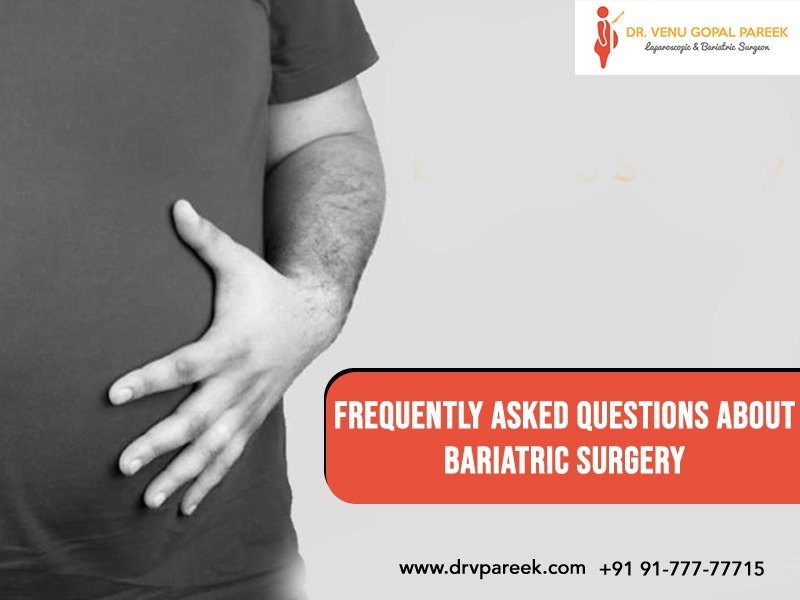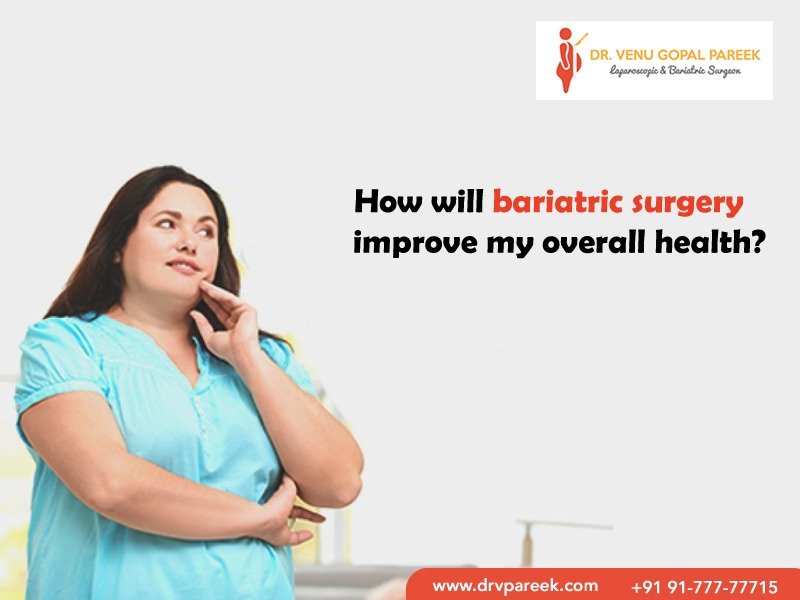
What is the safest form of weight loss surgery?
One of the silent pandemics in the world is being overweight and obese. Irrespective of demographics and age, the modern lifestyle itself contributes heavily to this pandemic. However, many ignore the initial symptoms of being overweight? If they do not change their lifestyle factors contributing to weight gain, they quickly become obese. But initially, if they change their dietary habits and start doing regular exercise, overweight can be controlled from turning into obesity. Apart from this, genetic factors and certain health complications also contribute to weight gain. If Obesity has become unmanageable by only lifestyle changes, surgery is one of the suggested options. If you think that obesity is merely an issue with physical appearance, please rethink again. Obesity has been well documented to lead to life-threatening conditions or enhance pre-existing conditions.
With the modern advancement in medicine, bariatric surgery has been a boon to many who cannot lose weight by traditional methods. The principle behind the surgery is to reduce calorie intake. To achieve this goal, the size of the stomach is reduced through various approaches. Depending upon how the stomach size is reduced, each bariatric surgery has a different process. Successful bariatric surgery has been shown to reduce significant weight, and if managed properly, the patient can enjoy long-term weight loss benefits.
What are the effects of Obesity?
Body Mass Index (BMI) is the ratio of a person’s weight in kilograms to their height in square meters. If a person’s BMI is greater than 35, they are considered obese. But if the BMI crosses 40, then bariatric surgery is suggested.
Effects of obesity start even if the BMI is 30 to 40.
Obesity can cause a host of health issues, including
- Diabetes
- Heart disease
- High blood pressure
- Liver disease
- Digestive issues
- Incontinence
- Sleep apnea
- Back pain
- Osteoarthritis
- Psychological issues
Before recommending bariatric surgery, the surgeon usually tries out other options like dieting, exercise or drugs to reduce the weight.
What are the types of bariatric surgery?
Bariatric surgeries are categorized as:-
- Restrictive – Reduces the quantity of food intake.
- Restrictive/malabsorption – Not only restricts the intake but also interferes with digestion.
What is the safest form of bariatric surgery?
The choice of the surgery is evaluated case by case based on the individual’s health and needs. Every surgery has its benefits and drawbacks. In hindsight, restrictive surgeries are safer than the second variety, i.e., restrictive/malabsorptive surgeries, since the former do not permanently alter the digestive system. Let us look at the safest restrictive surgeries in detail:-
Gastric Banding
The laparoscopic gastric band is widely regarded as the safest weight loss procedure based on mortality and complications during and post-surgery. A band is placed around the upper part of the stomach to create a small pouch to store food. The band restricts the quantity of food intake, so the patient feels full after eating small amounts of food. Reasons for this being a safe procedure is as follows:-
- The surgery doesn’t affect nutrient absorption, and there is less risk of nutrient deficiency.
- The surgery does not require the stomach to be cut, which reduces the risks associated with stomach contents leaking.
It is favoured for smaller and lower-risk patients. The weight loss is slower than other surgeries, and the patients are more likely to regain weight in the long run. Even with these complications included, the band is still a safe procedure because most band complications can be overcome with a scheduled revision procedure.
Endoscopic Sleeve Gastroplasty – ESG
ESG, a ‘non-surgical sleeve’, is the latest minimally invasive bariatric surgery. In the strictest terms, it is not a surgery since it’s done endoscopically but done in an operating theatre under general anaesthetic. In ESG, a suturing device is inserted into the stomach through the throat. Then sutures are placed to make the stomach smaller. ESG offers a significant weight loss by limiting the quantity of food intake. ESG is minimally invasive, with fewer operative complications, and the patient can quickly return to daily activities.
Dr V.Pareek will discuss the pros and cons of every bariatric procedure with you beforehand. He will also assess if Bariatric Surgery is the right way for you to go. After the surgery, he will guide you on maintaining the new weight and lead a healthy, happy and confident life. Contact us at +91 91-777-77715 for an appointment and consultation.







